AeroGenie — Tu copiloto inteligente.
Tendencias
Categories
Electric aircraft achieves world's first piloted airport-to-airport flight
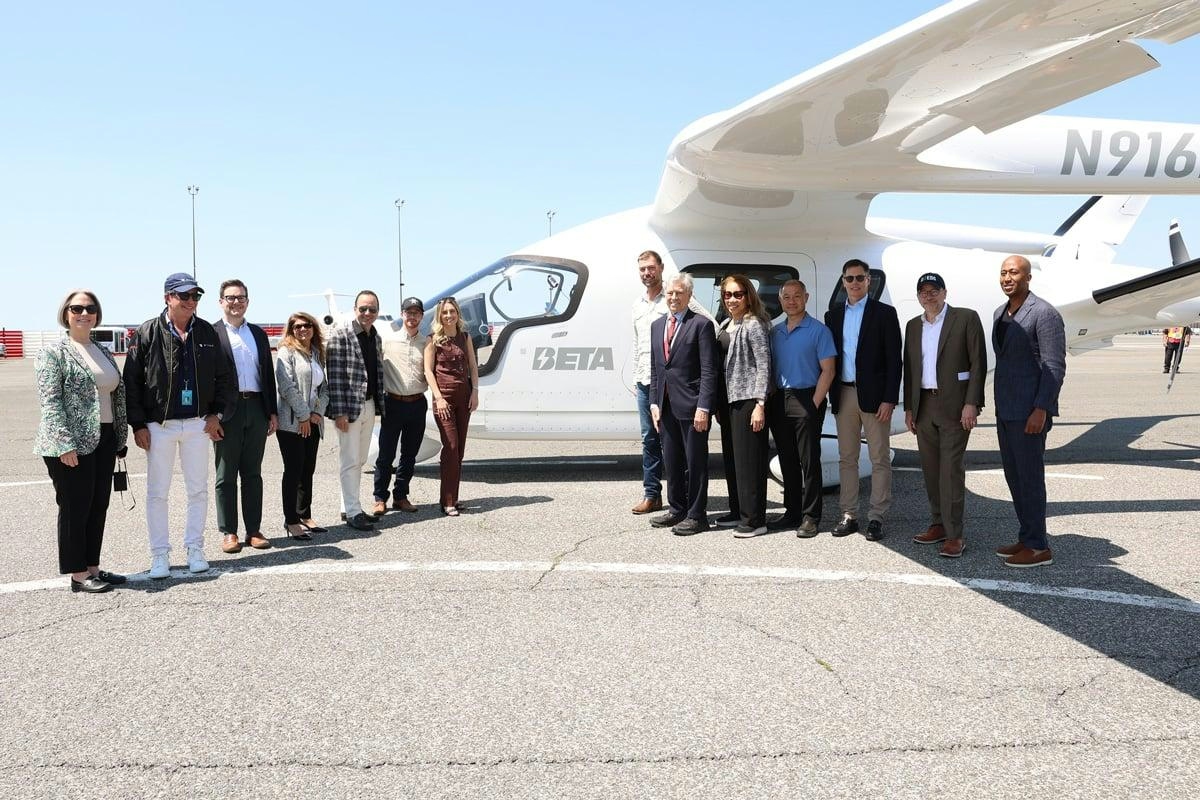
Electric Aircraft Completes World’s First Piloted Airport-to-Airport Flight
Vertical Aerospace, a leading innovator in electric aviation, has achieved a landmark in sustainable flight by successfully completing what it claims to be the world’s first piloted airport-to-airport journey using a full-scale, winged tilt-rotor electric vertical takeoff and landing (eVTOL) aircraft intended for commercial use. On July 16, the company’s VX4 prototype flew 17 miles from its Flight Test Centre at Cotswold Airport to RAF Fairford, a Royal Air Force base also utilized by the United States Air Force. During the flight, the aircraft reached speeds of up to 115 mph and climbed to an altitude of 1,800 feet, culminating in its first public landing before thousands of aviation enthusiasts.
Demonstrating Integration with Real-World Operations
The flight was conducted under the regulatory oversight of the UK Civil Aviation Authority (CAA), which granted approvals for Flight Conditions and a Permit to Fly. This milestone demonstrated the VX4’s capability to operate within established airport environments, marking a significant step toward certified commercial deployment. The success of this mission underscores the rapid advancements being made in electric aviation technology and the potential for eVTOL aircraft to transform regional air travel.
Challenges on the Path to Commercial Adoption
Despite this achievement, the widespread adoption of electric aircraft such as the VX4 faces considerable challenges. Regulatory frameworks remain in development as authorities work to define safety and operational standards for this emerging class of aircraft. Furthermore, the establishment of necessary infrastructure—including charging stations and maintenance facilities—will be critical to support routine electric flight operations. The integration of eVTOL aircraft into existing aviation systems, encompassing air traffic management and airport logistics, also presents complex technical and operational challenges that must be addressed.
Growing Momentum in Sustainable Aviation
The successful flight has generated heightened interest in sustainable aviation technologies. Industry observers note a surge in investor enthusiasm for electric and hybrid aircraft, with airlines and manufacturers intensifying their research and development efforts. Competitors in the sector are expected to accelerate their programs and invest in the supporting infrastructure required to keep pace with innovations such as those demonstrated by Vertical Aerospace.
Data from the aviation industry indicates a strong drive toward sustainable alternatives to conventional aircraft, reflected in increased investment in electric and hybrid propulsion systems. As companies compete to bring certified electric aircraft to market, milestones like the VX4’s airport-to-airport flight are poised to stimulate further innovation and competition in the pursuit of greener air travel.

The Engine Behind Boeing’s Latest Widebody Aircraft
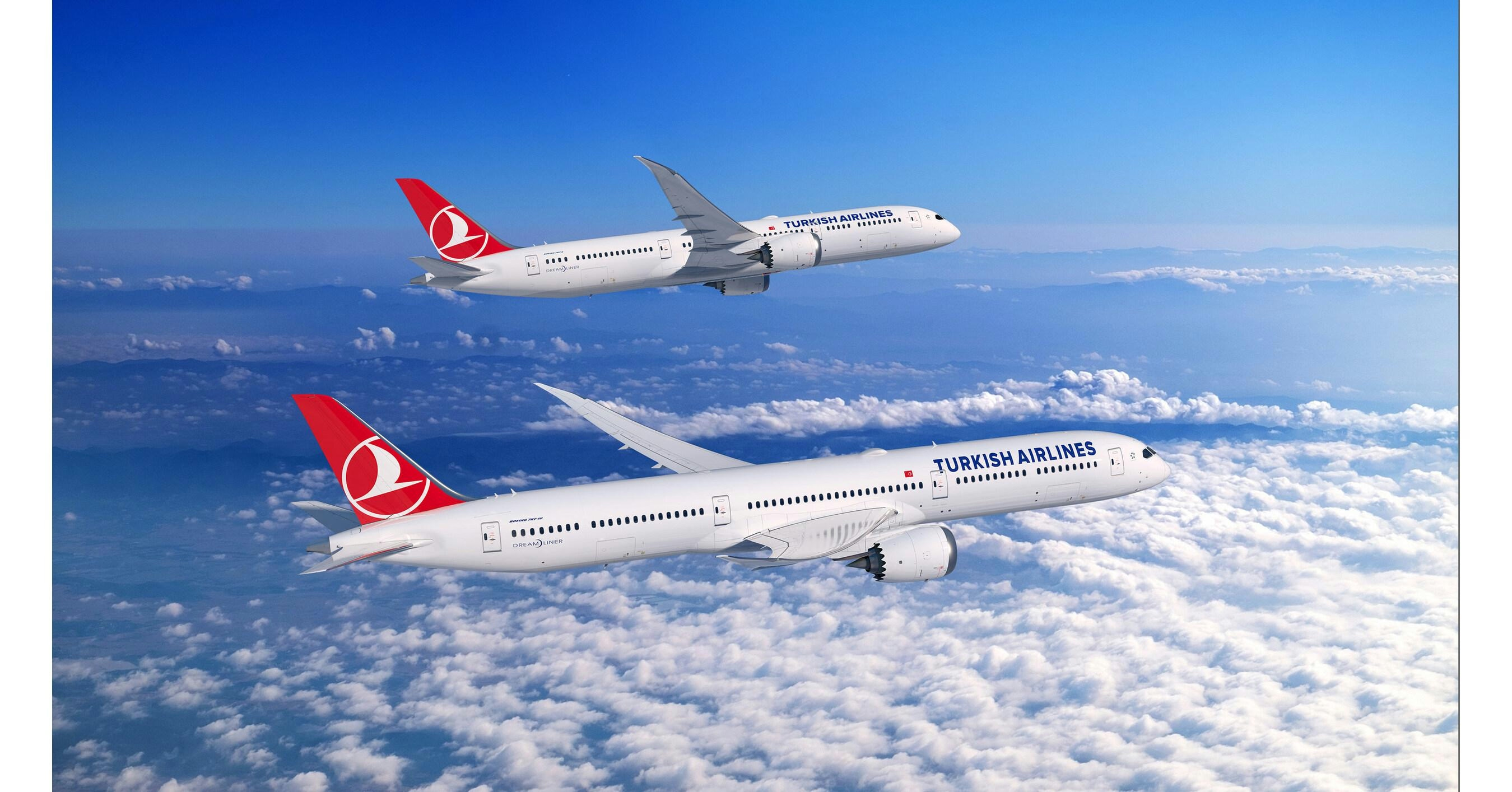
Boeing’s Widebody Jet Sales Surge Signals Shift in Global Air Travel
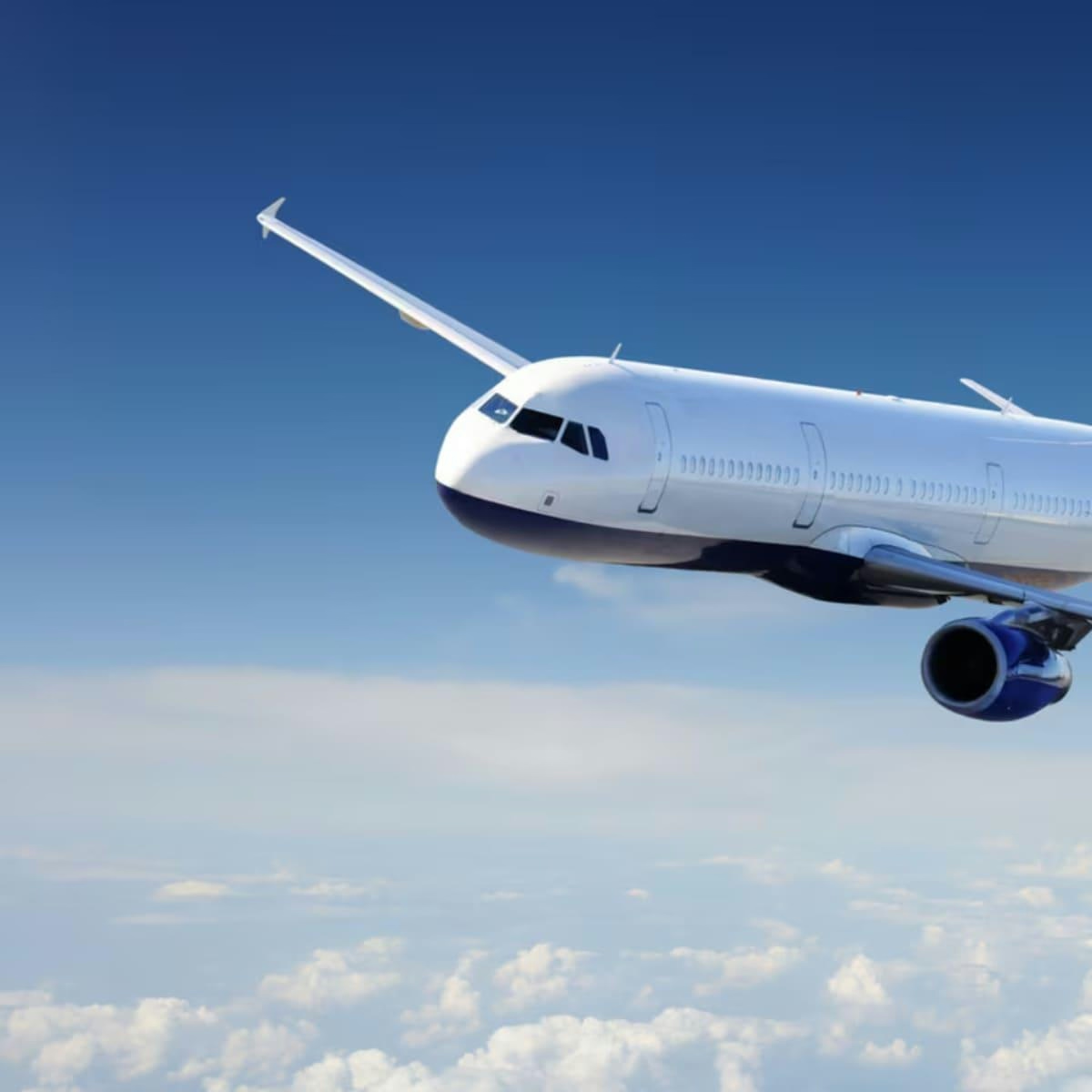
French Aircraft Design Claims to Reduce Energy Consumption by Elevenfold
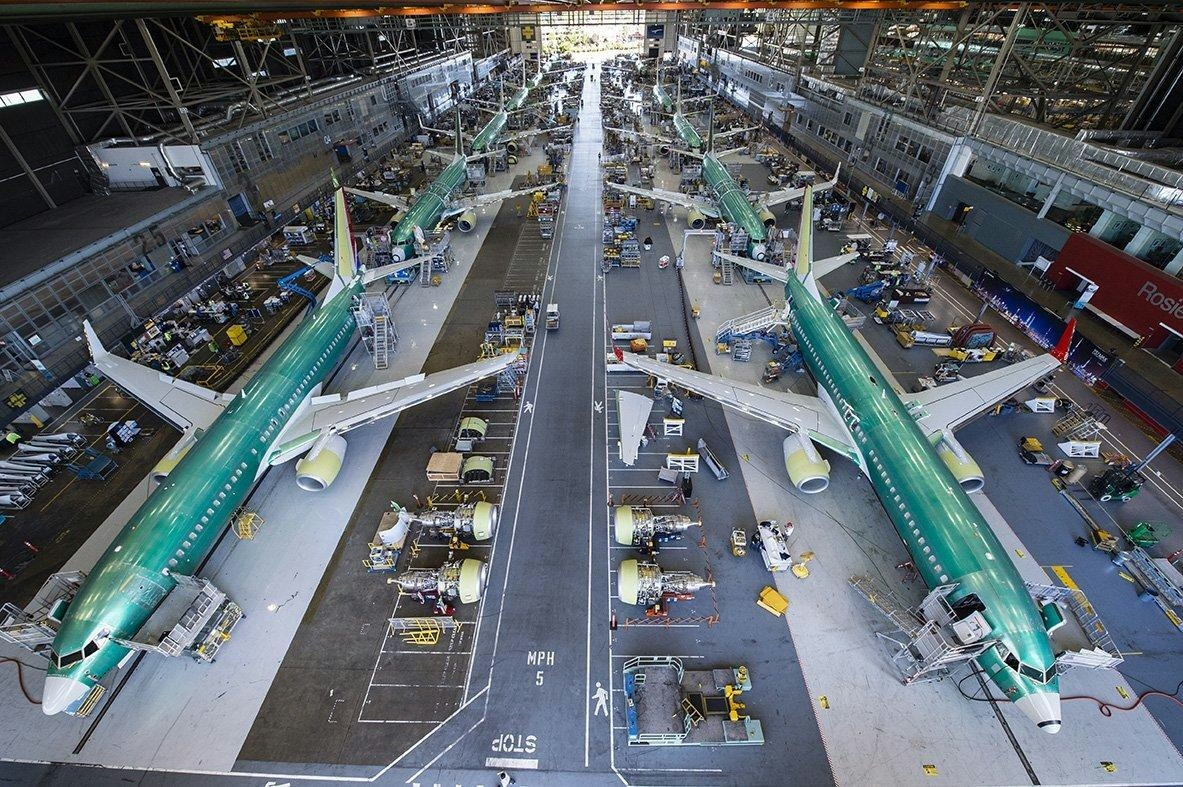
Boeing Surpasses Airbus Orders in 2025 as Deliveries Total 600
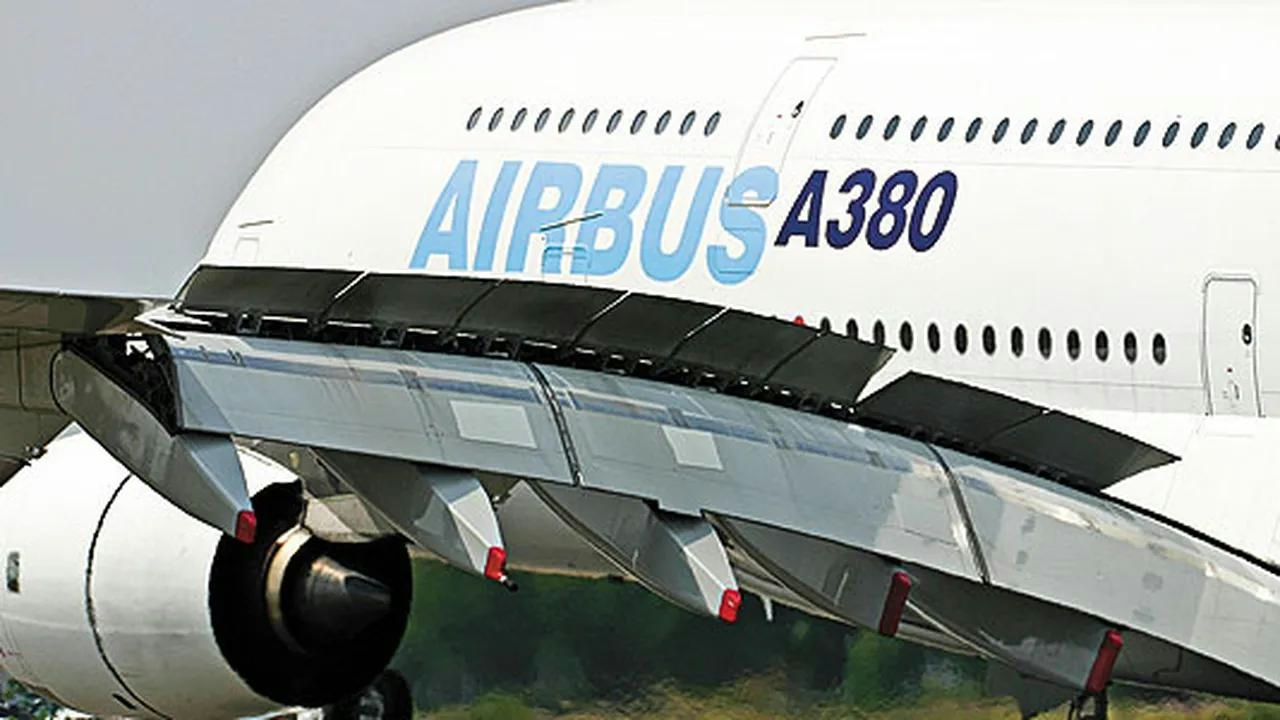
Why the Airbus A380 Uses Two Different Engine Types
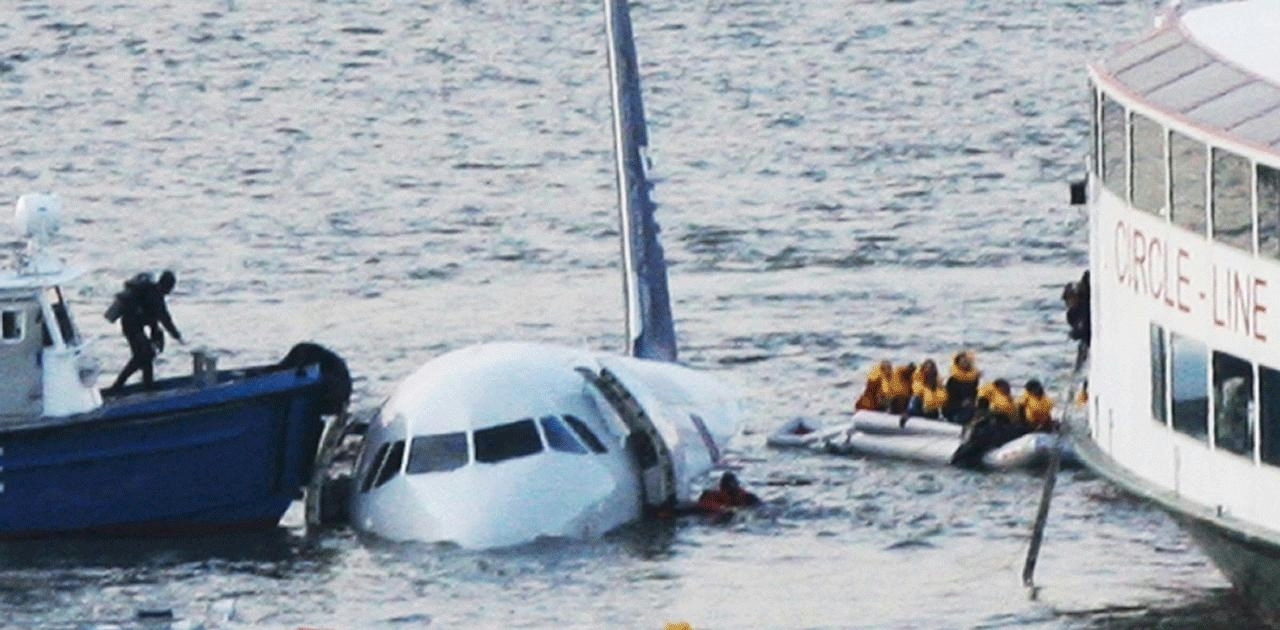
'Miracle on the Hudson' Survivor Advocates for Increased American Airlines Staffing
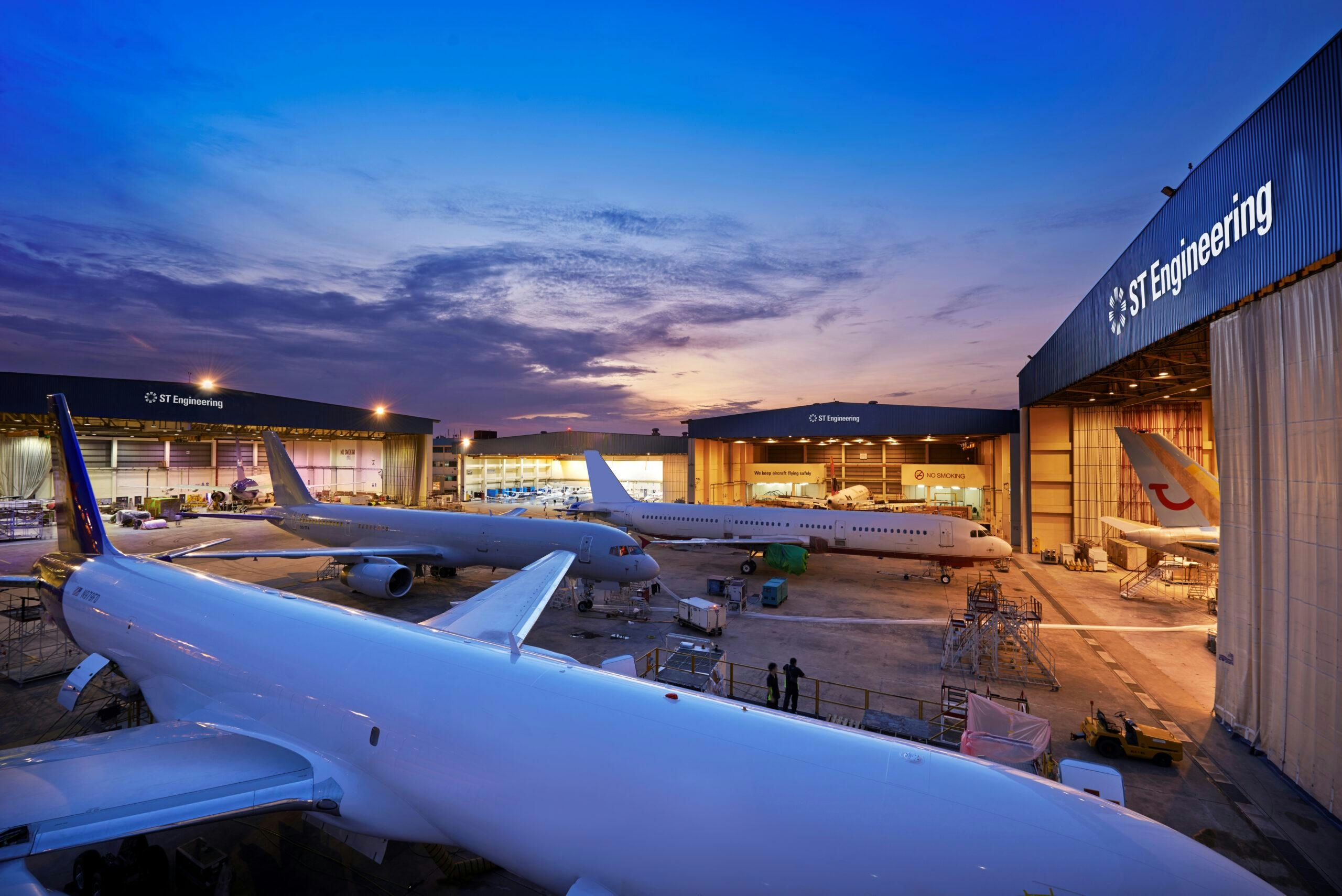
GAF 2025 Highlights Innovations and Investments Shaping the Future of Aviation
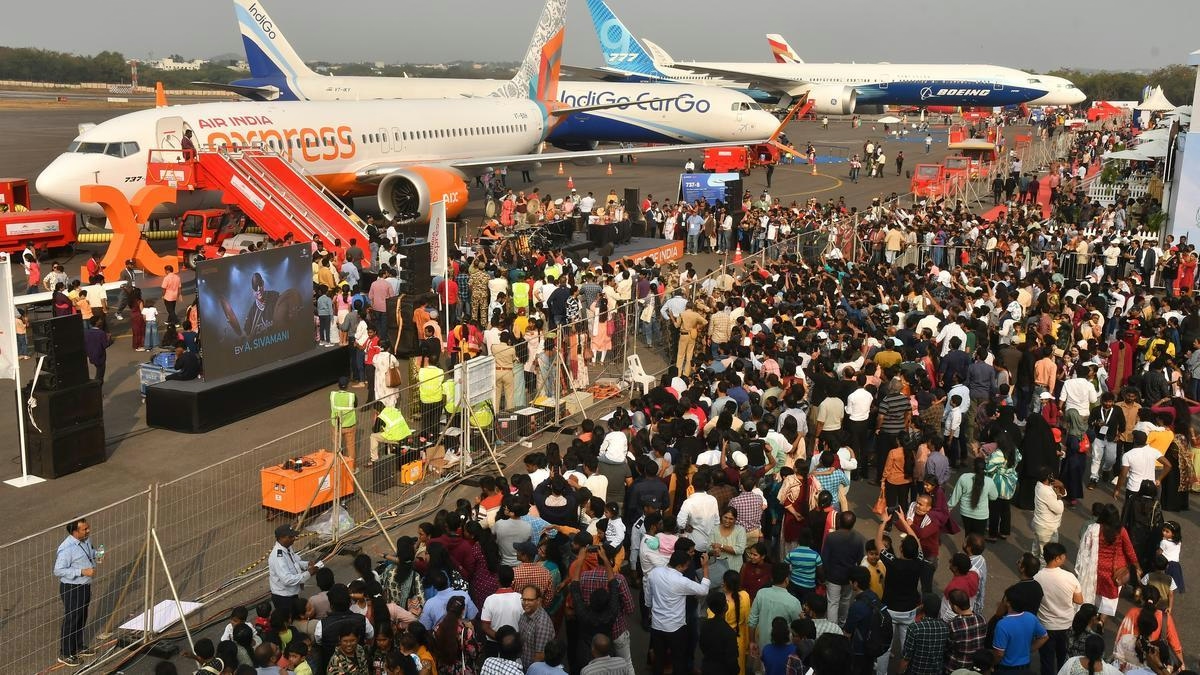
Wings India 2026: Advancing the Future of Aviation
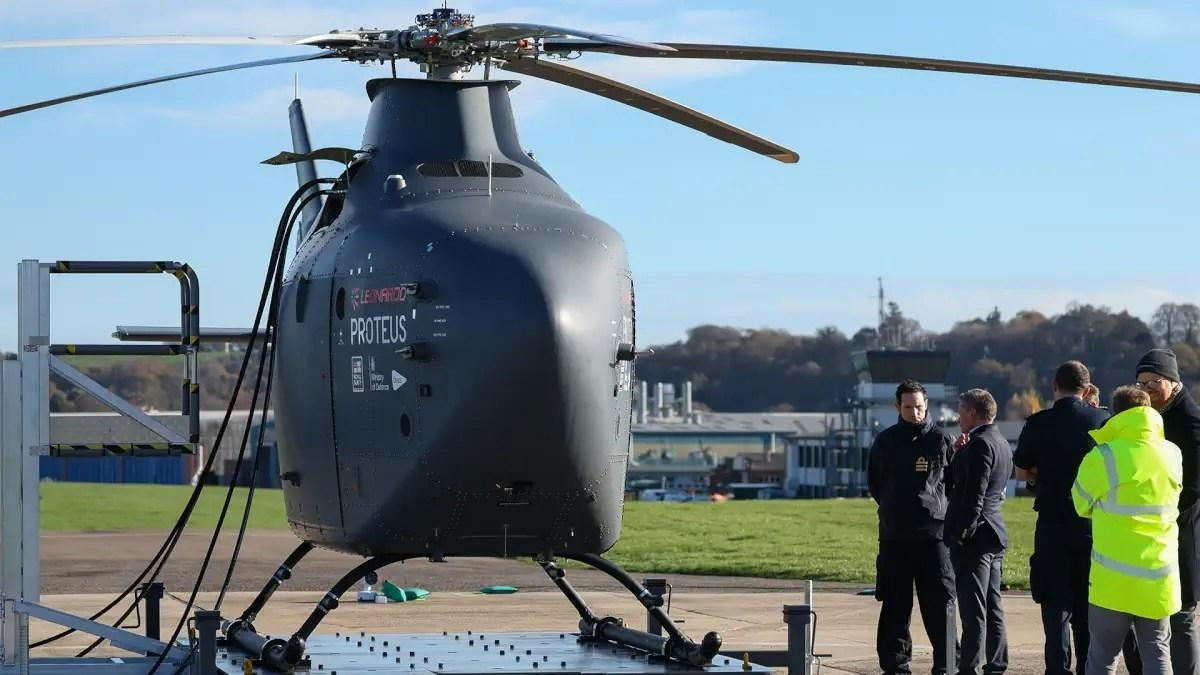
Cornwall Unveils the Leonardo Proteus Uncrewed Helicopter
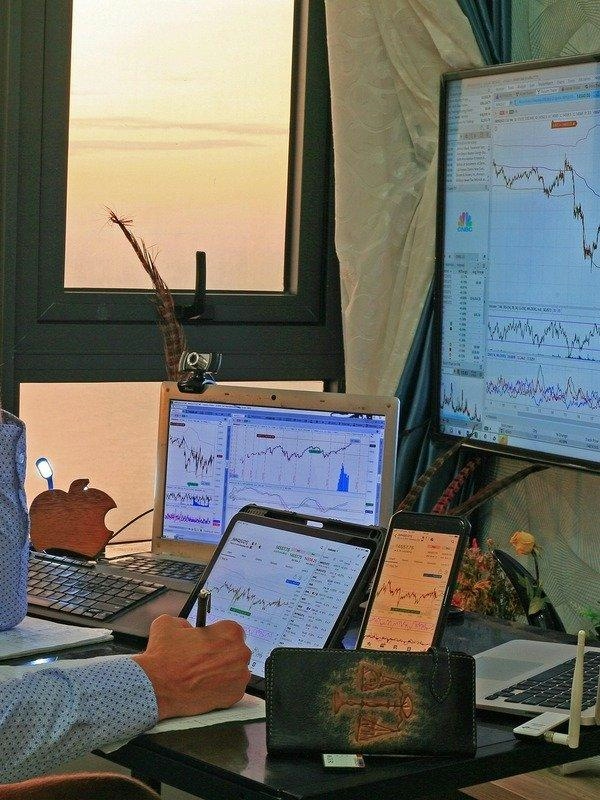
FTAI Aviation Ltd. Faces Decline Amid Market Challenges
